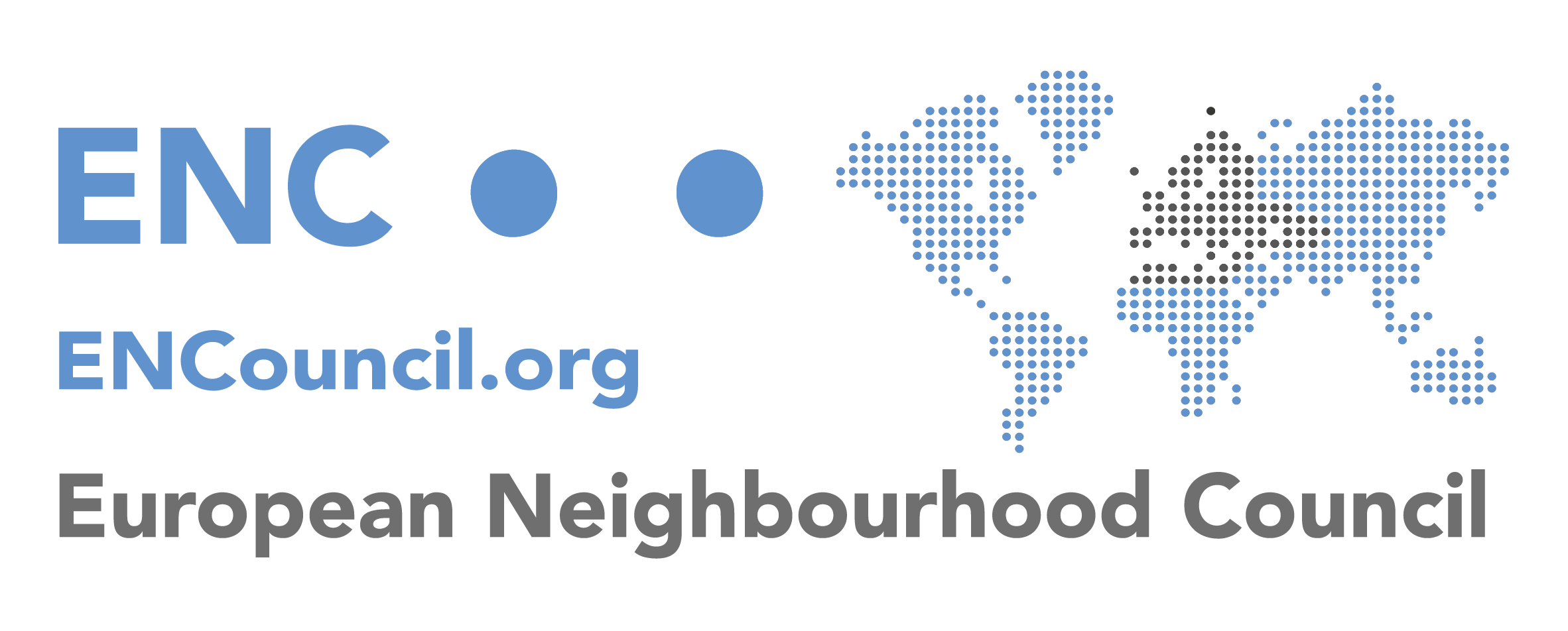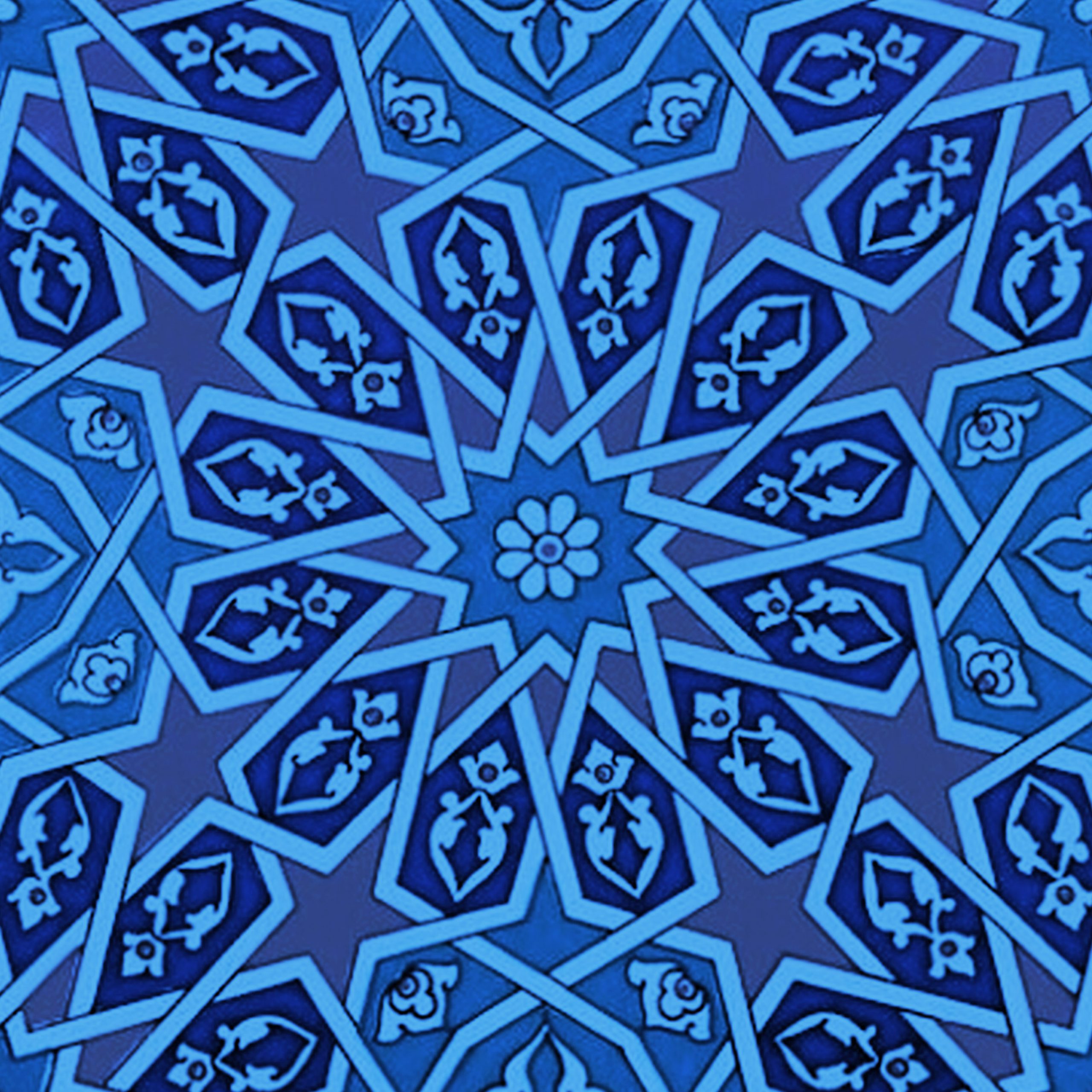Emerging Forms of Islamic Civil Society in Central Asia
The European Neighbourhood Council (ENC) in cooperation with the Oxus Society for Central Asian Affairs, released its new study: “Emerging Forms of Islamic Civil Society in Central Asia”.
The report is part of a Regional Policy Dialogue supported by the Hollings Center for International Dialogue. Over the course of three online sessions between February and March 2021, ENC and the Oxus Society gathered together a group of experts, representatives of civil society, and government officials to discuss the emergence of Islamic civil society in Kyrgyzstan, Kazakhstan, Tajikistan, and Uzbekistan, including Islamic charities, mosques, non-governmental organizations (NGOs) and social media.
The participants addressed the following questions:
- How popular is Islamic civil society in Central Asia?
- How is Covid-19 affecting the role of Islamic civil society in the region?
- Is Islamic civil society a potential source of stability, human security, and development?
- What opportunities are there for dialogue with forms of civil society and assistance offered by NGOs and the state?
Although the group had a wide array of viewpoints, they loosely converged around the following points:
- Islamic civil society is growing in importance in Central Asia, but remains an understudied topic.
- While there is no agreed upon definition of Islamic civil society, it includes six types of actors: mosques, mahallas, charities, NGOs, jamaats and muftiates, all of whom frame their activities as being driven by Islamic norms and morality.
- Islamic civil society was strengthened by the Covid-19 pandemic, which uncovered the weaknesses of state governance and offered opportunities for new actors to step in to provide services to the local population.
- Dynamics of Islamic civil society vary across the region, with Kyrgyzstan hosting the widest array of groups and Tajikistan the fewest (Turkmenistan is not included in this report).
- The growth of Islamic civil society in the region has been restricted by secular regimes who view the growth of religious sentiments as an alternative source of legitimacy and potential threat to social order.
Find below the report in English, Turkish and Russian along with a short video featuring Dr. Edward Lemon, President of the Oxus Society and Research Assistant Professor at Texas A&M University and Samuel Doveri Vesterbye, ENC Managing Director, summarising findings and discussion ideas from the regional policy dialogue on Islamic civil society.
English version:
 Emerging Forms of Islamic Civil Soviety in Central Asia
Emerging Forms of Islamic Civil Soviety in Central Asia
French version:
 Formes émergentes de la société civile islamique en Asie centrale
Formes émergentes de la société civile islamique en Asie centrale
Turkish version:
 Orta Asya’da Gelişen İslami Sivil Toplum Biçimleri
Orta Asya’da Gelişen İslami Sivil Toplum Biçimleri
Russian version:
 Emerging Forms of Islamic Civil Soviety in Central Asia
Emerging Forms of Islamic Civil Soviety in Central Asia
Watch the video here:


